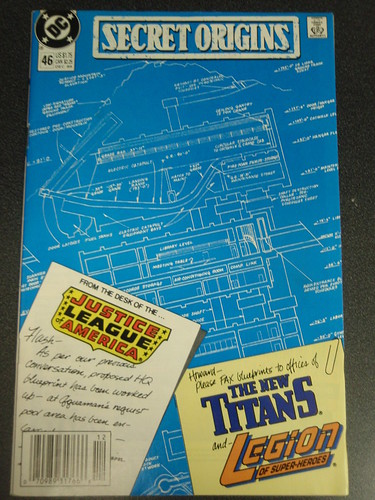The Two Kinds Of Deeper Context Stories
While I was building DeeperContext.com and looking through my old work, I came to realize that most of it can be categorized into two different types of stories, each with their own potential for engagement and interest. I thought it might be valuable to outline them.

The first type: Origin Stories
Origin stories are all about process and inspiration.
They are the stories of how things came to be, told by the people who were there. They describe the world before the subject existed, and as it was being created.
They are inward-facing, in that their focus is concentrated on the subject itself, rather than its influence.
First-hand sources are always going to be more valuable than “experts”, so I try to talk to them as much as possible.
The best origin stories take you into the world of the subject, so that you can’t help but think of how it came to be.
Example: Epsode 23 “The Electric Boogaloos” of Michael Jackson: Thrillercast. The Electric Boogaloos were long-time choreography partners of Michaels, and they were the ones who taught him what ended up being The Moonwalk.
The Second Type: Fan Stories
Fan stories are all about legacy and influence.
They are the stories of how things affected the world. They describe the state of the world after the subject existed.
They are outward-facing, though they are often also introspective, in that their focus is more on the world around the subject, and the subjects affect on the world and the people being interviewed.
Casting fan stories is more of an art than a science. Identifying people who are passionate, well-spoken and can demonstrate genuine enthusiasm for the subject (geeking out) is most important. Nobody who thinks “yeah, this is okay” is going to give the kind of interview that can sway hearts and minds.
The best origin stories give you a place to connect to the subject on a human level, to see some of your excitement in another person, to know that you’re not alone in your enthusiasm, and to best demonstrate why the subject is worth your curiosity.
Example: Imogen Heap’s Thrillercast.
One of the reasons I prefer to take on multi-episode series is because I truly believe that a well-rounded, effective project requires both types of stories, to give a full picture of the subject and place the viewer in the center of that universe.
